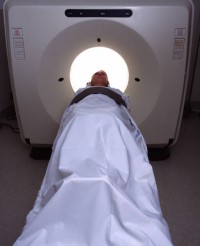
In recommending that cancer be redefined to reflect new knowledge and that certain conditions no longer be branded as cancer (see our previous post), a National Cancer Institute advisory panel expressed concern that America’s defensive approach to medicine has lead to over-screening for cancer and that cancer screenings are too often resulting in unnecessary treatment.
The panel’s concern was twofold:
- Today’s cancer screenings use a level of technology capable of detecting abnormalities at the cellular level. The problem is that the human body is full of abnormalities; however, not all abnormalities are cancerous nor will most become cancerous.
- Americans are so conditioned to think worst-case scenario when cancer is diagnosed that they are unwilling to take a “wait and see” approach. They insist on surgery or other radical treatments such as chemotherapy and radiation that carry their own significant health risks. In fact, fear of cancer is causing some people to undergo surgery even when no cancer is evident, as was the case earlier this year when actress Angelina Jolie underwent a preventative double mastectomy after discovering that she carries a gene that increases breast cancer risk.
In making its recommendation, the advisory panel stated:
“The word ‘cancer’ often invokes the specter of an inexorably lethal process. However, cancers are heterogeneous and can follow multiple paths, not all of which progress to metastases and death.”
As noted on CNN Health, 10% of localized lung cancer tumors, 20% to 30% of localized breast cancer tumors and 60% of prostate cancer tumors discovered by screening will never harm their victims.
Next time: Differentiating between harmful and benign tumors





